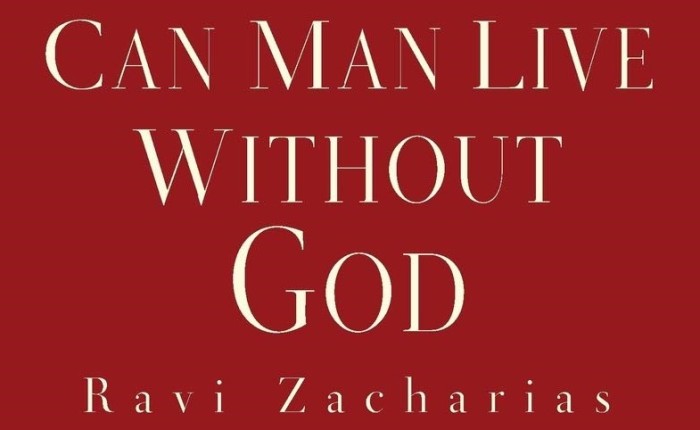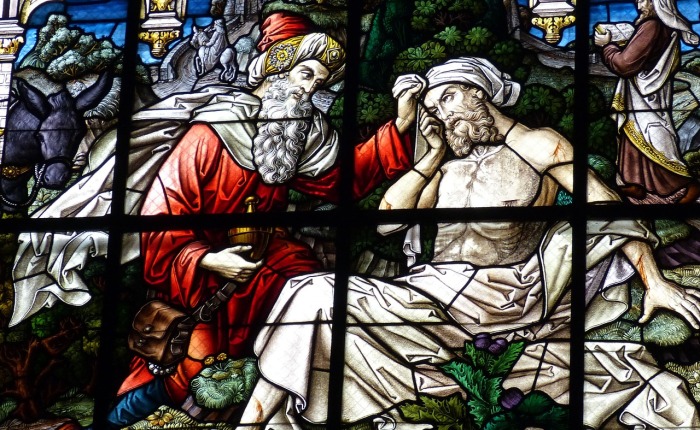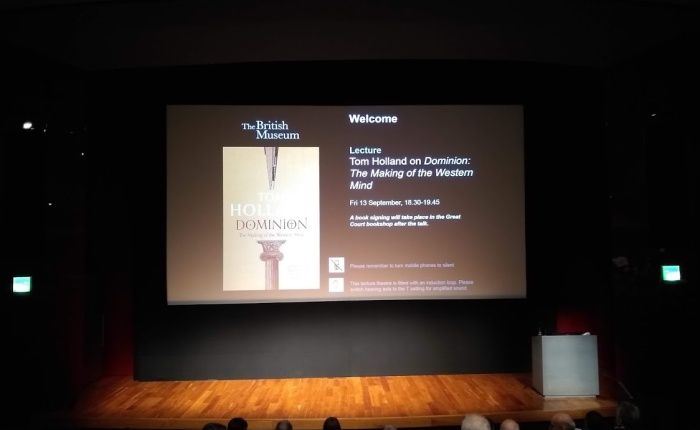COVID-19 is a worldwide pandemic that’s killed about 3.5 million people so far, and left many millions more with lingering symptoms. Lockdowns have confined millions of people to their homes, and many have lost businesses and jobs. It’s a serious global threat, and it’s not going away soon.
Ultimately, to deal with COVID-19, we need a high degree of population immunity to reduce its spread (we aren’t sure what percentage is required). That can be achieved by letting the disease itself to spread, or by vaccination. If we allow the disease to spread unchecked, it would be a global disaster. Millions more people will die and healthcare systems will collapse. But up to one third of people who develop COVID-19 may also end up with long COVID – long-lasting symptoms. In addition, the many millions of people who need treatment for other illnesses won’t get it. A global vaccination program is the only other option that offers a chance to return to something approaching normality.
Fortunately, vaccines are available. It’s astonishing how quickly they have been produced – it’s an amazing scientific achievement. However, this has been done with the help of fetal cell lines.
A cell line is a cell culture that has certain special characteristics unlike our cells. Some are immortal, or nearly so – they can replicate indefinitely, providing an unlimited supply of cells. Our cells can only do this 40 – 60 times, a limit known as the Hayflick limit. Immortal cells get this way either naturally, or it is induced by tweaking the genome. The supply is also a pure population of cells, which is important for consistency in repeated experiments. They can be exhaustively tested for safety and efficacy. Cell lines have revolutionized scientific research – they are used in vaccine development, drug testing, therapeutic protein production. The most famous immortal cell line is probably HeLa cells, obtained from Henrietta Lacks’s cancer without her consent in 1951. There’s over 100,000 studies published involving the use of HeLa cells, including the isolation of the HIV virus.
The polio vaccine was originally developed in cells taken from monkey kidneys. These cells have to be continually replenished, not being immortal, and some were infected with a virus, SV40. As a result, in the 1950s and 1960s, up to 30 million people in the US were infected by SV40 from the polio vaccine. We don’t really know what the effects of this virus are, but it was clearly a huge problem. Then Hayflick, in 1962, using tissue from the lungs of an aborted fetus from a Swedish woman, discovered the WI-38 (Wistar Institute) cell line, which is one of the most widely used cell lines out there. It isn’t immortal – it has a lifetime of 50 divisions. But it was instrumental in developing a safer polio vaccine, and today is still used to make vaccines for polio, measles, rubella, chicken pox, rabies, and hepatitis A. It’s estimated that over 10 million deaths have been avoided by WI-38 vaccines. In fact, the rubella vaccine has prevented millions of miscarriages. In all, Hayflick claims 2 billion people have benefited in some way from WI-38. Another similar cell line is MRC-5.
That brings us to COVID vaccines, which use a cell line called HEK-293. This cell line is derived from the kidney of a fetus aborted in around 1972 in the Netherlands The most common vaccines in Western countries are Pfizer, Moderna and AstraZeneca. The AstraZeneca vaccine uses the HEK-293 cell line to make the weakened virus used in the vaccine. Pfizer and Moderna are mRNA vaccines – they are a new type of vaccine that instruct our cells to make the COVID spike protein that triggers an immune response. All of these vaccines used HEK-293 in the testing phase, not the development phase.
So, all of the vaccines available in the UK and Australia used replicated fetal cells in their testing and development. These aren’t actual cells from these fetuses, but they are exact replicas. What should we who are anti-abortion do about it? The course of action is not obvious. Abortion is an incredibly serious moral issue, and because there is a clear link with vaccines, we need to examine that link closely.
What criteria should be used for making a decision about using vaccines that directly or indirectly use fetal cell lines? We have obligations with regard to abortion, and obligations with regard to loving our neighbour by preventing the spread of infection, and helping to bring this pandemic to an end. How do we balance them?
One approach is to assess how complicit we are in the original evil act that we will benefit from – the abortion of a fetus and the removal of tissue without consent of the fetus (and possibly the parents in some cases). The Catholic church has developed an important distinction that helps us here. Formal cooperation with evil is encouragement or aiding of the evil act, which isn’t the case here. Material cooperation is where it gets complicated – pursuing the good without approving of the original evil act. Here are two good questions to ask about material cooperation.
- How causally close to the original evil act is our cooperation? A doctor who refers a patient to someone who she knows is incompetent is still complicit in the harm done to the patient, even though they did not formally cooperate. Transplant tourism in China, where organs have been known to be taken from political prisoners, encourages the evil act by creating more demand.
- Why are we materially cooperating with the evil act? Is the reason sufficiently important and are there viable alternatives?
The cell lines used by vaccines were created using aborted fetuses that were not aborted for this purpose. The actual cells used are duplicates many times removed from the original cells. We are not involved in the production of vaccines that utilise these cell lines. It is difficult to see how taking these vaccines will encourage more abortions. So we are causally very remote from the original evil act when we benefit. In terms of necessity, the situation with the pandemic is grave, and we are lacking viable alternatives. In my view, and that of the Catholic church, we can take the vaccine. It is likely to save many lives if we all do so.
However, I do not think we can take these vaccines without incurring some obligations. We can’t let our acceptance of the vaccine convey the message that we approve of aborted fetuses being used in this way. We need to voice our opposition to the use of these cell lines – we need to write to our governments to ask that it uses its power to influence vaccine manufacturers to not use these cell lines. Further, we should avoid the more morally compromised vaccine if possible – the AstraZeneca vaccine – as it used a fetal cell line to both develop and test the vaccine.
I do think it is legitimate to refuse the vaccine because of its link with an evil act, but if you do so, I think you also have certain obligations. Firstly, it is becoming increasingly clear that you are far more likely to catch and transmit the virus to others if you are not vaccinated. There are vulnerable people in our communities. Transplant recipients rely on immune suppressants which means the vaccine doesn’t really work for them. If the virus is widespread, you may need to modify your behaviour to minimise the chances of passing COVID on. Perhaps you should wear a mask when in contact with others, and get regular COVID tests to ensure you aren’t carrying the virus. Perhaps you should wear a mask to church if you are a churchgoer, to protect the most vulnerable in your congregation. You don’t want people to die or become severely ill as a result of your choice not to vaccinate. If you get ill yourself, you will also add to the burden on the healthcare system.
Consistency is important too. Many vaccines utilise WI-38, so you need to do your due diligence and avoid these as well as COVID vaccines. That involves especially difficult choices if you want to have children – the most common rubella vaccines use WI-38. If you catch rubella when pregnant, you may have a miscarriage or your child may have serious birth defects. Also, WI-38 is used very widely in scientific research, as is HEK-293, so you should also investigate what drugs or treatments have been developed using this and other fetal cell lines. For example, Ibuprofen, Sudafed, and aspirin have all been tested using HEK-293, as have most modern medications. It’s extremely difficult to avoid.
Whether or not we take the vaccine, we should all be vigorously opposed to abortion and do what we can to raise awareness of this human rights violation on a massive scale. It’s an evil that aborted fetuses have been used to create cell lines used in these vaccines. It’s a far, far worse evil that abortion was legal so these fetuses could be aborted in the first place- and still is.





